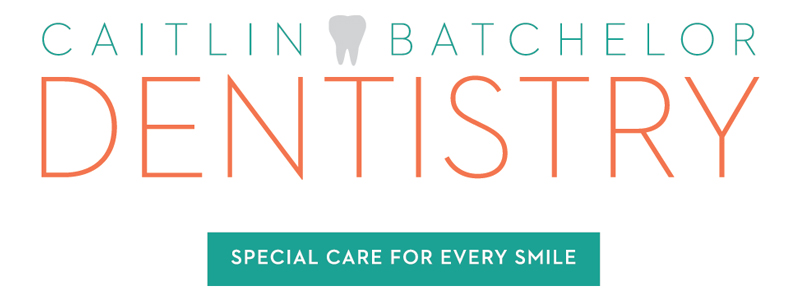Why You Should Switch to a Soft Toothbrush
Hard bristled toothbrushes can give your teeth a more vigorous scrub, so they’ll clean your mouth better, right? Actually, no. It’s a common misconception that hard bristled toothbrushes clean better. The truth is, they can actually damage your teeth and gums.
When you brush your teeth, you never want to scrub as hard as possible; toothpaste is already abrasive. The Wall Street Journal says up to 20% of Americans have damaged their teeth or gums by over-brushing.
It’s time to toss those hard and medium-bristle brushes!
Your goal is to remove plaque as gently as possible to protect your teeth and gums as you get them sparkling clean. That’s why soft toothbrushes are the safer and healthier option.
Photo: Pascal
Let’s take a closer look. Here’s why you should switch to a soft toothbrush:
They Save Your Enamel
Yes, hard bristles are great at removing plaque and stain, but they also wear down something you don’t want to lose -- your tooth enamel. Enamel is the pearly, hard white part of the tooth that covers the inner, softer layers. Enamel is there to protect your teeth from harmful bacteria, so you’re not doing yourself any favors by scrubbing away at it with too-hard bristles. Wear away too much enamel and you might start experiencing uncomfortable symptoms like tooth sensitivity, yellowness, and rough uneven edges on your teeth as the inner layers become exposed.
By brushing thoroughly but gently with a soft bristled brush, you can get rid of bad bacteria but keep your teeth’s natural layer of protection.
They Protect Your Gums
Enamel isn’t the only part of your mouth you have to worry about. Hard bristles can also damage your gums and eventually cause them to recede. You really don’t want receding gums. When gums recede and the root surface of the tooth is exposed, you may experience sensitivity and you’re at greater risk for developing cavities in these areas - both because the root does not have a protective enamel layer. If gum recession gets bad enough, the bone supporting your teeth can be seriously damaged and slowly lost over time, and if recession gets really bad you may actually risk losing your teeth.
Still not ready to throw away your hard or medium-bristle brush?
Soft Toothbrushes Can Clean Just as Well
Believe it or not, a good soft toothbrush can get your teeth just as clean as toothbrushes with harder bristles. Even Oral-B, who makes both kinds, says so. If you have plaque on your teeth that a soft bristle brush can’t remove, chances are that harder bristles won’t be able to clean it off, either. Dentists can get rid of that nasty stuff safely with a thorough cleaning.
If it you’re worried you won’t get your teeth as clean with a soft toothbrush, it may be time to focus on your brushing technique. To clean teeth and gums most effectively, angle your toothbrush bristles toward the gum line, and use gentle, circular, massaging strokes to remove plaque. Gentle pressure is all that’s needed to remove plaque, bacteria, and food particles - it’s more about the amount of time spent brushing each area of the mouth than it is about the pressure used to brush. Heavy brushing pressure can result in many of the same problems as using a medium or hard bristle toothbrush.
Even though dentists and toothbrush manufacturers have recommended soft toothbrushes for years, almost half of toothbrushes that Americans buy have medium or hard bristles.
Most people just don’t know why soft toothbrushes are better. You can help me spread the word by sharing this article!
Soft Brushes May Not Last as Long, But…
Some people find that soft bristles start fraying sooner than harder ones. That might be true, but don’t let it steer you away from soft toothbrushes, because you should really be changing your toothbrush every 3 to 4 months anyway.
The longer you keep the same toothbrush, the more bacteria it accumulates. Plus, it’s hard to get in all the nooks and crannies of your mouth with bent, fraying bristles. If you see those, it’s a friendly reminder to get a new toothbrush (and to use gentle brushing pressure!).
Are You Ready to Make the Switch?
If you’re used to firm bristles, a soft brush might take some getting used to. But give it some time. Your mouth will thank you! Just make sure your toothbrush is good quality. The ADA has a list of accepted ones.
If a bad toothbrush has damaged your teeth or gums, I’m sorry. There’s nothing worse than diligently brushing every day, only to find out your toothbrush has been hurting you the whole time. Changing your brush now can help prevent more damage in the future, and if you or your dentist sees damage, there may be some things that can be done to help.
We’re here to help. Take a look at my list of favorite dental products. Or give us a call at 540-432-9992 to talk about your options or schedule an appointment.



